Wildlife Biologist Vs Marine Zoologist
Hey friend! I stumbled upon some really interesting information about careers in biology and ecology. I thought you might find it fascinating, so I wanted to share it with you!
Marine Biologist - Unity College
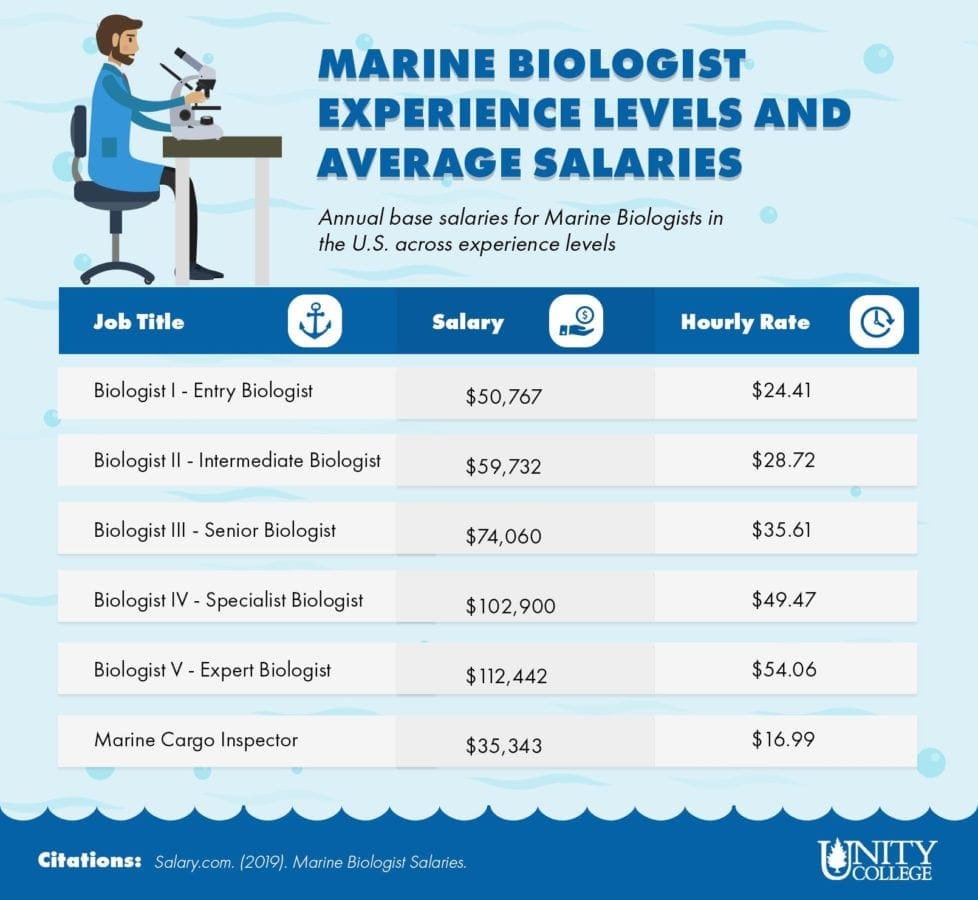
Have you ever dreamt of exploring the mysteries of the ocean? Becoming a marine biologist might be the perfect career path for you! Marine biologists study marine life, including plants, animals, and microorganisms, and how they interact with their environment.
Unity College, known for its focus on environmental sustainability, offers a program specifically tailored for aspiring marine biologists. With Unity College's marine biology program, you'll have the opportunity to gain hands-on experience through fieldwork and research projects. You can dive deep into the study of marine ecosystems and contribute to the preservation and conservation of our planet's oceans.
Wildlife Ecologist Vs Wildlife Biologist

If you have a passion for understanding and protecting wildlife, you might be torn between pursuing a career as a wildlife ecologist or a wildlife biologist. Let's take a closer look at the differences between these two fascinating fields.
A wildlife ecologist focuses on the ecological aspects of wildlife populations and their interactions with their environment. They study the relationships between wildlife and their habitats, evaluating factors such as population dynamics, behavior, and ecosystem health. Their work often involves conducting surveys, analyzing data, and making recommendations for conservation and management strategies.
On the other hand, a wildlife biologist primarily focuses on the biology and physiology of wildlife species. They study the anatomy, genetics, and behaviors of different wildlife species. Wildlife biologists also work towards preserving and managing wildlife populations, but their approach is more centered on individual species' needs and characteristics.
Zoologist/wildlife biologist - Baltimore Sun
Are you fascinated by the diversity of animal life on our planet? Becoming a zoologist or wildlife biologist might be the perfect fit for you! Zoologists and wildlife biologists study various animal species, their behaviors, habitats, and interactions with other organisms.
Working as a zoologist or wildlife biologist often involves conducting research, both in the laboratory and in the field. Fieldwork may involve observing animal behavior, collecting samples, and monitoring populations. Zoologists and wildlife biologists also analyze data, publish research findings, and contribute to the conservation and management of animal species.
If you're an animal lover with a curious mind, a career in zoology or wildlife biology can offer you the opportunity to make a difference in the understanding and protection of animal life.
Are you interested in a career in wildlife biology or ecology? I'm a

Wildlife biology and ecology are fascinating fields that allow you to explore and understand the intricate relationships between animals, plants, and their environment. If you're passionate about nature and conservation, this might be the perfect career path for you!
As a wildlife biologist, you'll have the opportunity to study a wide range of wildlife species and their habitats. You'll examine their behaviors, population dynamics, and the factors that influence their survival and well-being. By understanding the intricacies of ecosystems, you can contribute to conservation efforts and help protect our planet's biodiversity.
The field of wildlife biology offers diverse career options. You could work in wildlife management, research, education, or conservation policy. Whether you're protecting endangered species, conducting field studies, or educating the public, your work as a wildlife biologist will play a crucial role in preserving our natural world.
Wildlife Biologist — Department of Ecosystem Science and Management
The Department of Ecosystem Science and Management offers an exciting opportunity for those interested in becoming a wildlife biologist. With their program, you'll gain a comprehensive understanding of wildlife management, natural resource conservation, and ecological principles.
During your studies, you'll have access to state-of-the-art facilities and learn from experienced faculty members who are passionate about wildlife conservation. The program focuses on hands-on learning experiences, giving you the opportunity to conduct research, participate in fieldwork, and apply your knowledge in real-world scenarios.
By pursuing a degree in wildlife biology through the Department of Ecosystem Science and Management, you'll be equipped with the skills and knowledge necessary to make a positive impact on wildlife populations and their habitats.
Marine Biologist... - What people think I do, what I really do

Have you ever wondered what marine biologists actually do? You might have an image in your head of them swimming with dolphins and exploring coral reefs all day long. While those activities can be part of the job, the reality is much more diverse and complex.
Marine biologists are dedicated scientists who work hard to understand and protect marine ecosystems. They conduct research to gain insights into the biology, behavior, and distribution of marine organisms. They collect samples, analyze data, and study the impact of human activities on marine life.
Marine biologists can specialize in various areas, such as marine mammal research, coral reef conservation, or fisheries management. Their work often involves collaborating with other scientists, government agencies, and environmental organizations to develop strategies for sustainable marine resource management.
So, while the image of a marine biologist frolicking with dolphins is captivating, their real work is equally fascinating and essential for the health and preservation of our oceans.
Vet vs. Wildlife Biologist by Brittany Stevens
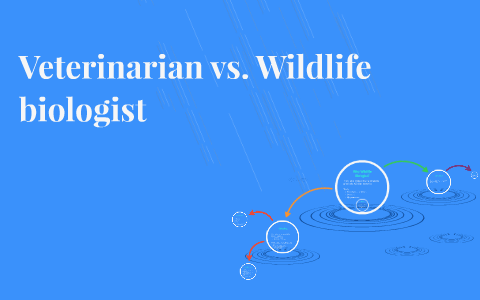
If you love animals and are torn between pursuing a career as a veterinarian or a wildlife biologist, let's explore the differences between these two paths.
Veterinarians provide medical care to animals, both domestic and wild. They work in clinics, hospitals, or even zoos, treating individual animals and ensuring their well-being. Vets also play a vital role in preventive medicine, public health, and disease control.
On the other hand, a wildlife biologist focuses on the study and conservation of wildlife species and their habitats. They examine the ecological aspects of wildlife populations, monitor their behaviors, and contribute to conservation efforts through research and management.
While both professions are deeply connected to animals, veterinarians focus primarily on individual animal health, while wildlife biologists study and protect entire populations and ecosystems.
Zoologist and Wildlife Biologist Career Video - YouTube

If you're considering a career as a zoologist or wildlife biologist, you might be interested in watching this career video on YouTube. This video provides valuable insights into the daily life of a zoologist or wildlife biologist, their educational requirements, and the challenges and rewards of the profession.
By watching this video, you can get a glimpse of what it's really like to work in the field, whether it's conducting research, observing animal behavior, or participating in conservation projects.
Remember, it's essential to gather as much information as possible when exploring potential career paths. This video can be a great starting point to gain a deeper understanding of what it takes to become a zoologist or wildlife biologist.
So you want to be a wildlife biologist?

If you've decided that a career as a wildlife biologist is your calling, congratulations! It's an incredible field that allows you to immerse yourself in the study and conservation of wildlife.
If you're wondering how to become a wildlife biologist, here are a few steps you can take:
- Educational foundation: Begin by obtaining a bachelor's degree in biology, ecology, zoology, or a related field. This will provide you with a solid scientific foundation to build upon.
- Field experience: Gain hands-on experience by participating in internships, volunteer opportunities, or research projects related to wildlife biology. This will help you develop essential skills and make valuable connections in the industry.
- Advanced degree: Consider pursuing a master's or Ph.D. in wildlife biology for more specialized knowledge and to increase your career prospects.
- Networking: Connect with professionals in the field, attend conferences, and join relevant organizations and societies to expand your network and stay updated on the latest research and job opportunities.
- Job search: Once you've completed your education, start exploring job opportunities in wildlife biology. These can be in government agencies, research institutions, nonprofit organizations, or consulting firms.
Remember, becoming a wildlife biologist is a journey that requires dedication, continuous learning, and a deep passion for wildlife. But the reward of contributing to the conservation and understanding of our natural world is truly remarkable.
A List of Unique and Interesting Marine Careers
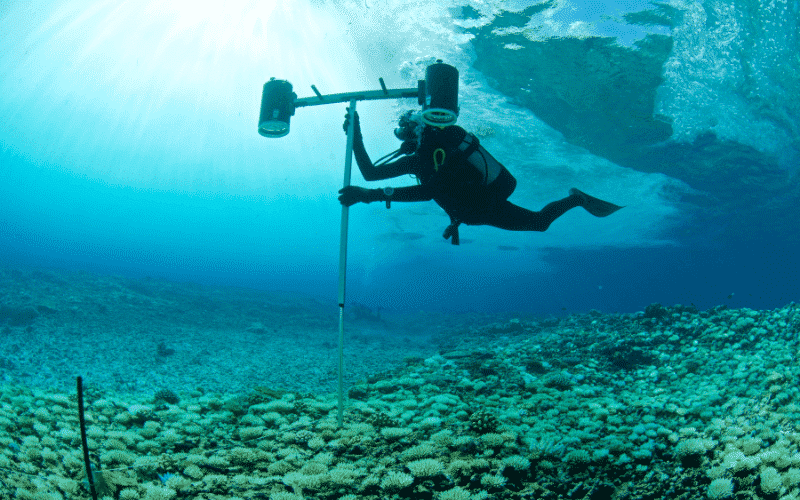
If you're fascinated by marine biology but want to explore unique and exciting career paths within the field, I've come across a list of some incredible options for you!
1. Marine Mammal Trainer: Work closely with marine mammals such as dolphins or whales, training them for research, conservation, or entertainment purposes.
2. Deep-Sea Diver: Dive into the depths of the ocean to explore its mysteries, conduct research, or assist in underwater construction projects.
3. Marine Archaeologist: Combine your love for history and the ocean by studying underwater archaeological sites, discovering ancient shipwrecks, and preserving maritime cultural heritage.
4. Aquarium Curator: Take care of marine creatures in an aquarium, ensuring their welfare and educating the public about marine life and conservation.
5. Marine Photographer: Capture stunning images of marine life, underwater landscapes, and conservation efforts to raise awareness and inspire others.
6. Marine Biotechnologist: Apply cutting-edge biotechnology to study marine organisms and develop innovative solutions for environmental challenges.
These are just a few examples of the diverse career paths available within the marine biology field. No matter which path you choose, a career in marine biology promises adventure and the opportunity to contribute to the preservation of our beloved oceans.
So, my friend, what do you think of these incredible career opportunities in biology and ecology? It's amazing how many different paths you can take to make a difference in the natural world. I hope this information sparks your interest and helps you explore your passion further. Who knows, maybe one day we'll see you diving into the ocean as a marine biologist or studying wildlife in breathtaking landscapes as a wildlife ecologist. Dream big and follow your heart!
If you are looking for 17 Best images about Science - Marine Biology on Pinterest | Homeschool you've visit to the right place. We have 30 Pics about 17 Best images about Science - Marine Biology on Pinterest | Homeschool like Wildlife Biologist - Grow Our Own, Marine Biologist... | Marine biologist, Marine biology, Biology memes and also Do Marine Biologists Have to SCUBA Dive? - Marine Dimensions. Here it is:
17 Best Images About Science - Marine Biology On Pinterest | Homeschool
 www.pinterest.com
www.pinterest.com marine biologist biology study become biologists career science oceanography creatures job visit pollution diving
Wildlife Biologist, Science Humor, Biology Humor
 www.pinterest.com
www.pinterest.com wildlife biologist biology think conservation memes major funny biologists meme humor good environmental science crow play humour zoology bio why
Wildlife Biologist — Department Of Ecosystem Science And Management
biologist
What Does A Marine Biologist Do On A Typical Day? (12 Examples)
 wildlifeinformer.com
wildlifeinformer.com biologist
How To Become A Zoologist Or Wildlife Biologist In The US
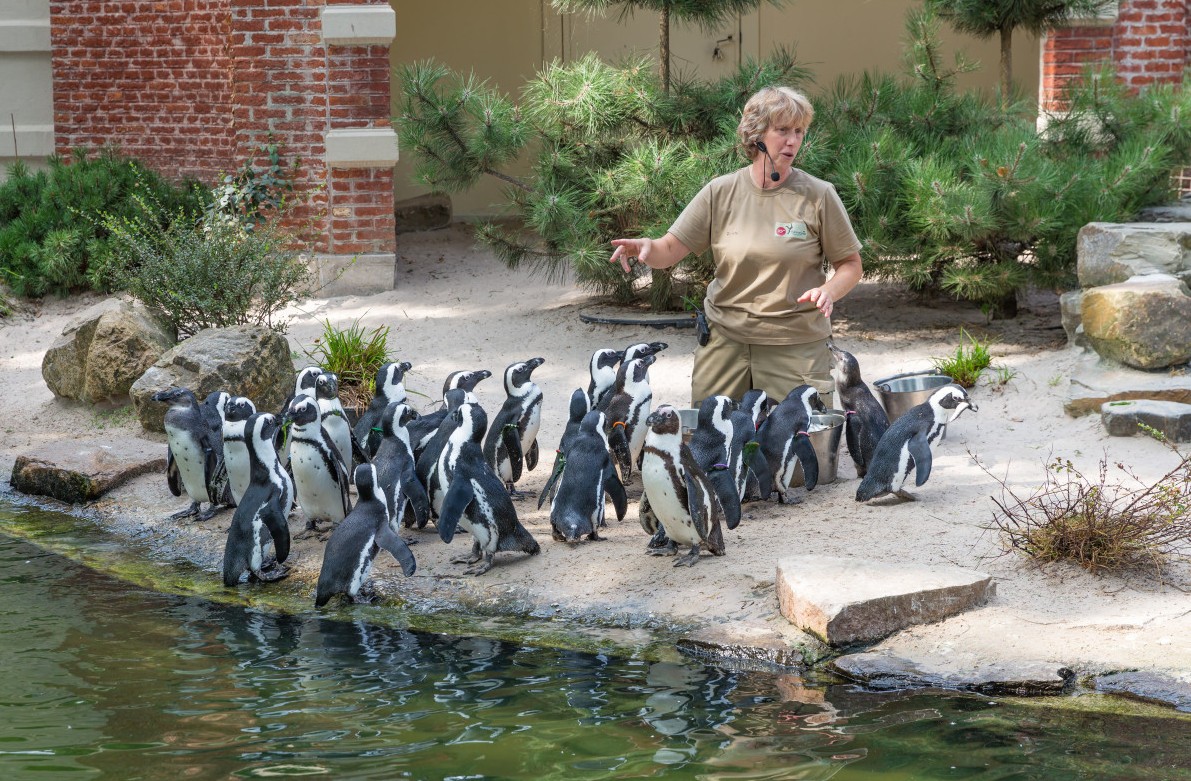 scholarshipbuddy.com
scholarshipbuddy.com zoologist wildlife biologist become wage expected
So You Want To Be A Wildlife Biologist?
 wildlife.utah.gov
wildlife.utah.gov wildlife biologist want canyon dwr survey technician fish east during
Explore A Career As A Marine Biologist
/128069006-56a5f70a3df78cf7728abda0.jpg) www.thoughtco.com
www.thoughtco.com marine biologist observing career auto
Vet Vs. Wildlife Biologist By Brittany Stevens
 prezi.com
prezi.com Careers In Science: Marine Biologist - Youth Village
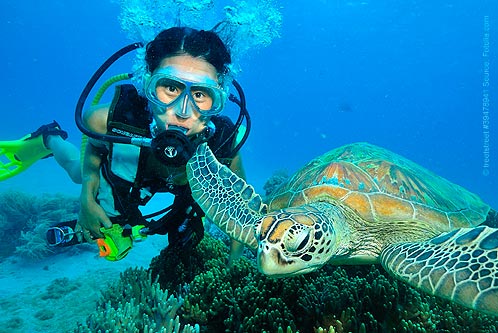 youthvillage.co.za
youthvillage.co.za marine biologist science careers biology work job
Zoologist/wildlife Biologist - Baltimore Sun
zoologist biologist
Marine Biologist - Unity College
 unity.edu
unity.edu biologist biology rate
Wildlife Biologist - Project Learning Tree Canada
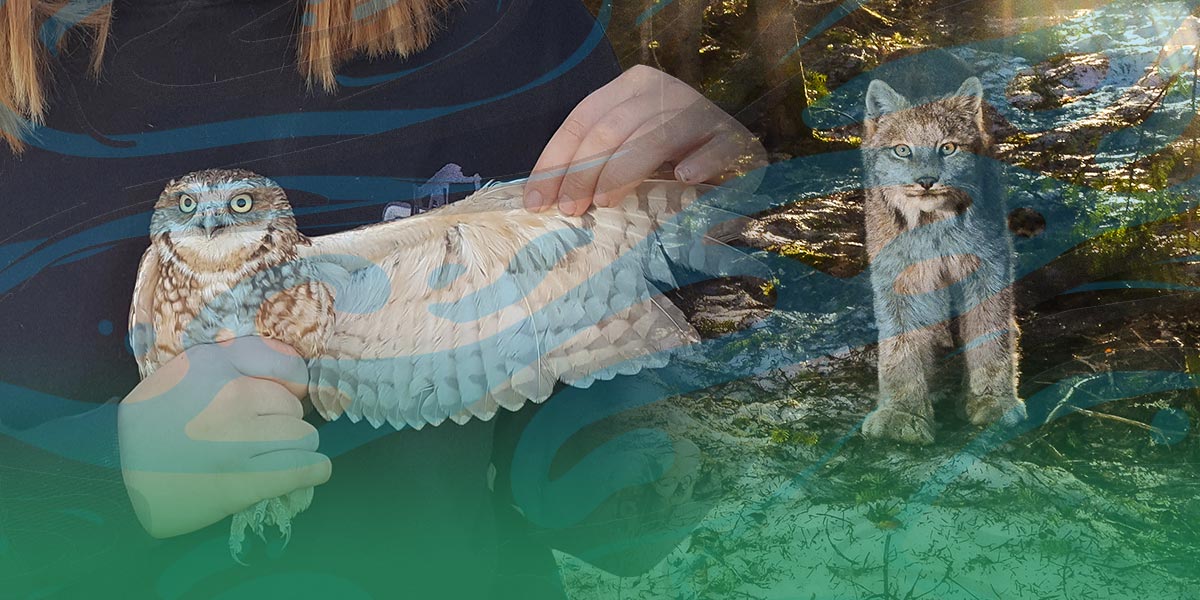 pltcanada.org
pltcanada.org biologist pltcanada
[Image - 252103] | What People Think I Do / What I Really Do | Marine
![[Image - 252103] | What People Think I Do / What I Really Do | Marine](https://i.pinimg.com/originals/e5/7c/c3/e57cc30e9b411313a9431c55ed40f459.png) www.pinterest.com
www.pinterest.com biologist biology knowyourmeme
LOVELY WILDLIFE !!!!!!: WANT TO BE A WILDLIFE BIOLOGIST???
 lovelywildlife.blogspot.com
lovelywildlife.blogspot.com biologist wildlife biology biologists wild want animals job their habitat natural
Marine Biologist Facts
biologist marine facts
Wildlife Biologist - Grow Our Own
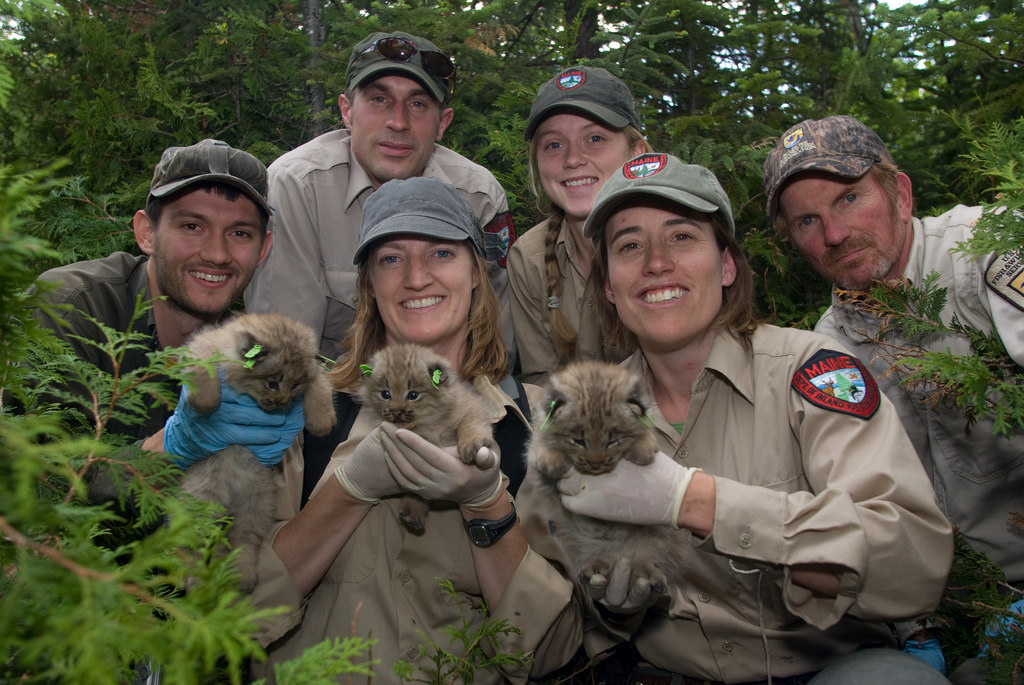 growourown.org
growourown.org biologist zoologist lynx biologists canadensis job zoology kanadischer luchs matador biologen veterinarian biologie
Zoologist And Wildlife Biologist Career Video - YouTube
 www.youtube.com
www.youtube.com wildlife biologist zoologist
Wildlife Biologist – Generasjonsskifte Landbruk
biologist wildlife research biology per science
What Does A Wildlife Biologist Do? - Career Igniter
 www.careerigniter.com
www.careerigniter.com biologist wildlife does
Degree Overview: Bachelor Of Science (B.S.) Degree In Wildlife Biology
wildlife biologist biology degree job bachelor science overview
Wildlife Conservationist - Unity College
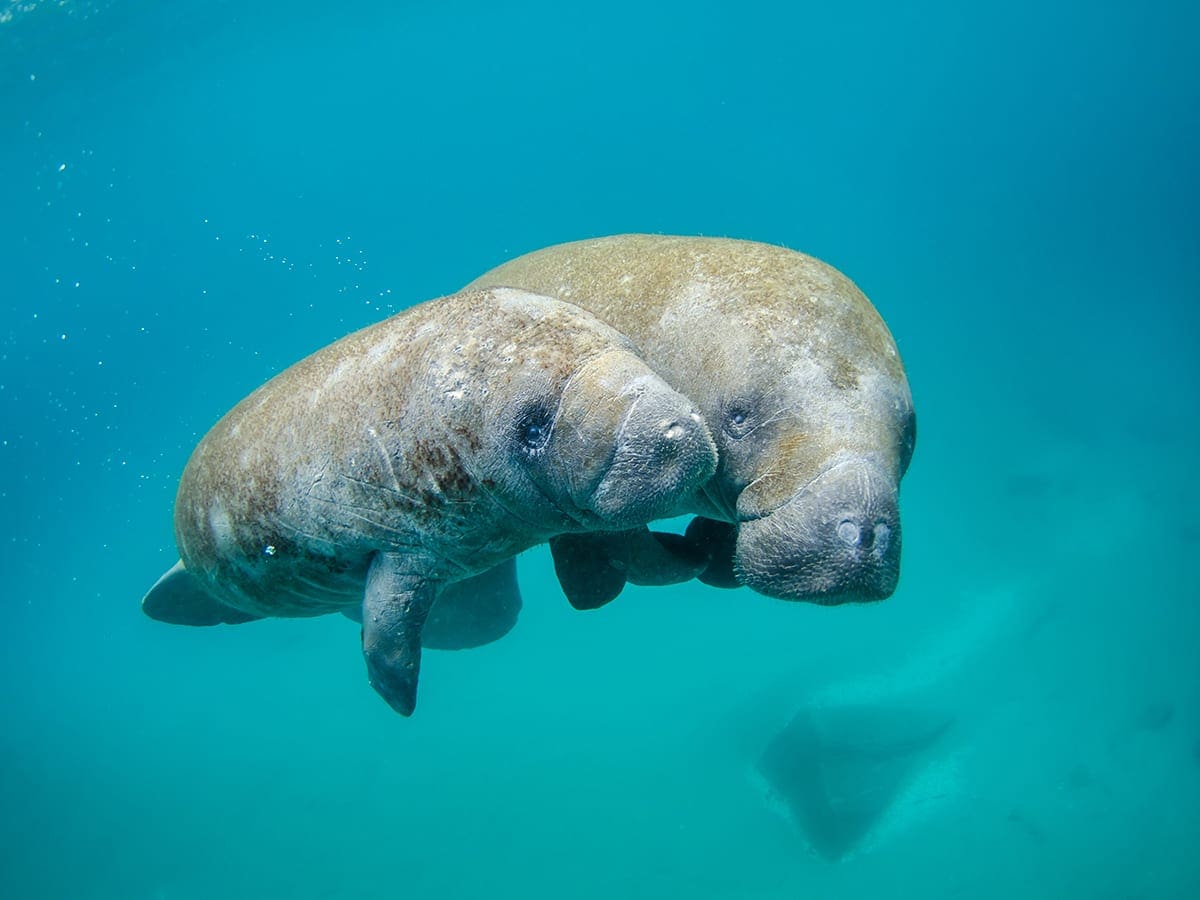 unity.edu
unity.edu wildlife conservationist biology unity aquaculture sustainable marine
Wildlife Biology & Conservation | Bachelor Of Science
.png) bsc.uoguelph.ca
bsc.uoguelph.ca wildlife conservation ecosystem understanding conserve organisms
Are You Interested In A Career In Wildlife Biology Or Ecology? I’m A
 www.pinterest.co.uk
www.pinterest.co.uk biologist
Marine Biologist... - What People Think I Do, What I Really Do
 www.pinterest.com.au
www.pinterest.com.au biologist
Zoologist And Wildlife Biologist
 www.nativeamericahumane.org
www.nativeamericahumane.org wildlife biologist animals zoologists biologists zoologist study they interact ecosystems physical their other
Marine Biologist... | Marine Biologist, Marine Biology, Biology Memes
 www.pinterest.com.mx
www.pinterest.com.mx Do Marine Biologists Have To SCUBA Dive? - Marine Dimensions
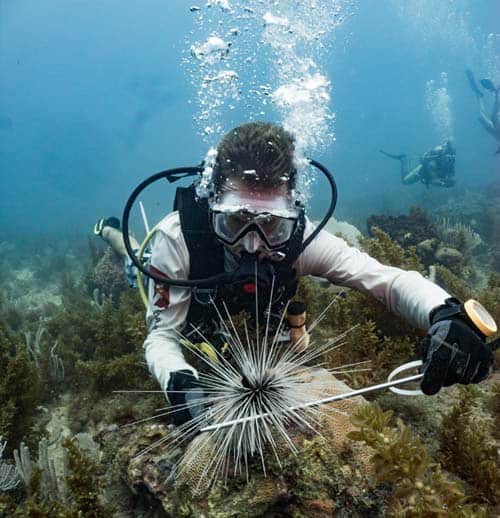 marinedimensions.ie
marinedimensions.ie marine biologist biologists scuba dive urchin shutterstock dimensions helgason measures nicole credit sea
Chem Awareness: How To Become A Wildlife Biologist: Career Overview
 chemawareness.blogspot.com
chemawareness.blogspot.com biologist career
A List Of Unique And Interesting Marine Careers
 www.marineinsight.com
www.marineinsight.com biologist meeresbiologe
Wildlife Ecologist Vs Wildlife Biologist
 zoo-wildlife.blogspot.com
zoo-wildlife.blogspot.com Biologist marine facts. Biologist wildlife does. Biologist career
Post a Comment for "Wildlife Biologist Vs Marine Zoologist"